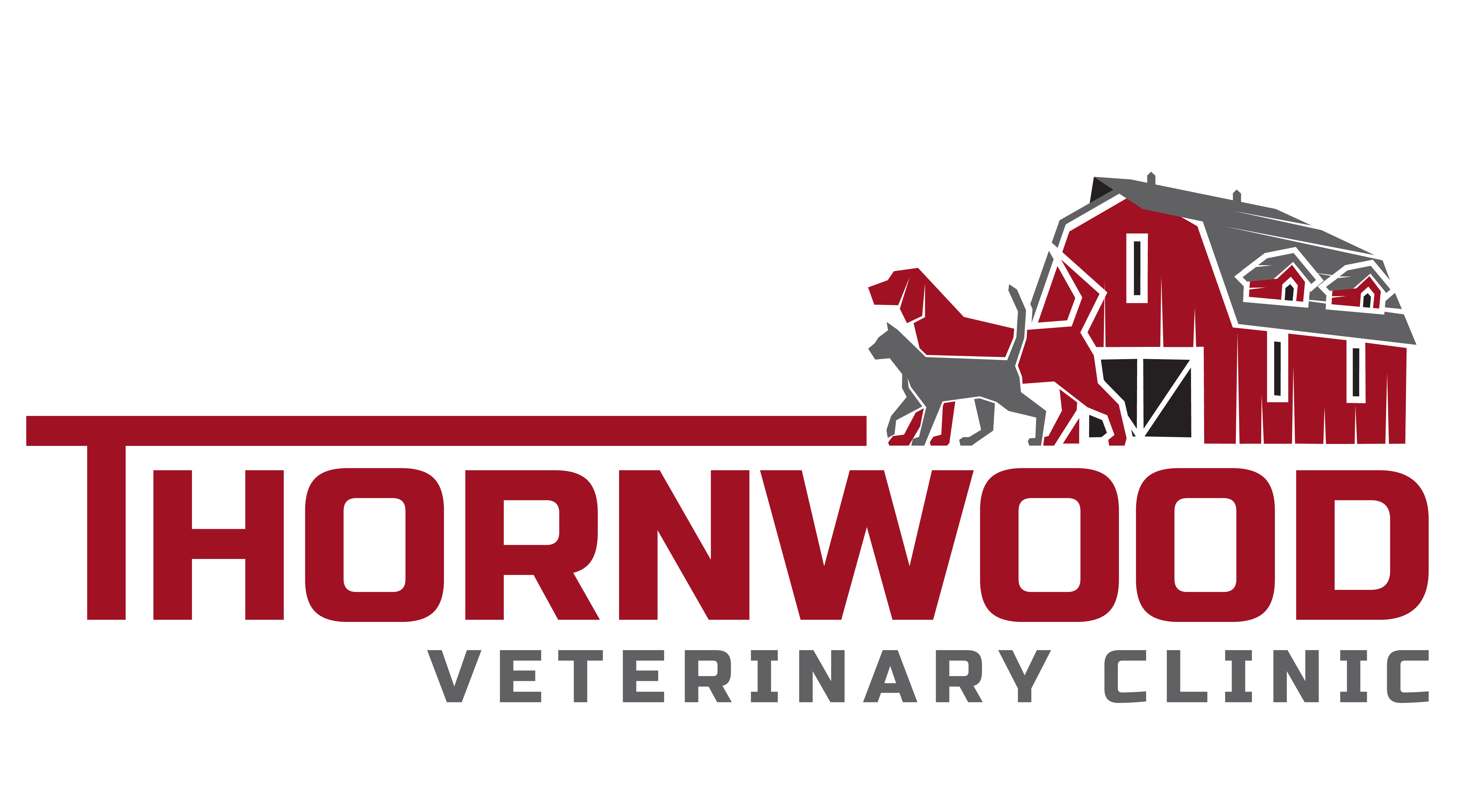Shedding Light on World Cancer Day for Our Furry Friends
On World Cancer Day, we turn our attention to a pressing issue affecting pets worldwide—cancer. Just like in humans, cancer can strike our furry friends, making awareness, early detection, and timely treatment crucial. In this blog post, we’ll explore the signs of cancer in pets and discuss the best ways to approach its treatment.
Recognizing the Signs – Early detection is pivotal in the fight against pet cancer. While our pets can’t verbally communicate their discomfort, they often exhibit subtle signs that can serve as red flags. Here are some common indicators that warrant a trip to the vet:
1. Unexplained Weight Loss: Sudden weight loss without changes in diet or exercise could be a sign of cancer.
2. Lumps and Bumps: Keep a close eye on any new growths or changes in existing lumps’ size, shape, or texture.
3. Persistent Lameness or Stiffness: Arthritis is common in older pets, but persistent lameness or stiffness may indicate bone cancer.
4. Changes in Appetite or Difficulty Eating: Cancer can affect the digestive system, leading to changes in appetite, difficulty swallowing, or a reluctance to eat.
5. Unexplained Bleeding or Discharge: Any unexplained bleeding, discharge, or sores that don’t heal should be examined promptly.
6. Difficulty Breathing: Labored breathing or coughing can be indicative of respiratory or cardiac tumors.
Treatment Approaches – Once cancer is suspected or diagnosed, the next steps involve determining the most effective treatment plan. Options vary based on the cancer’s type, stage, and location. Here are some common approaches:
1. Surgery: Surgical removal of tumors is a common treatment, especially if the cancer is localized.
2. Chemotherapy: Administering anti-cancer drugs can help shrink tumors or prevent the spread of cancer cells.
3. Radiation Therapy: Targeted radiation destroys cancer cells and reduces tumor size.
4. Immunotherapy: This treatment stimulates the pet’s immune system to fight cancer cells more effectively.
5. Palliative Care: In some cases, the focus may be on improving the quality of life rather than curing the cancer.
On this World Cancer Day, let us unite in raising awareness about the prevalence of cancer in our beloved companions. Regular veterinary check-ups, vigilant observation of our pets’ behavior, and prompt consultation with a veterinarian can make a significant difference.

